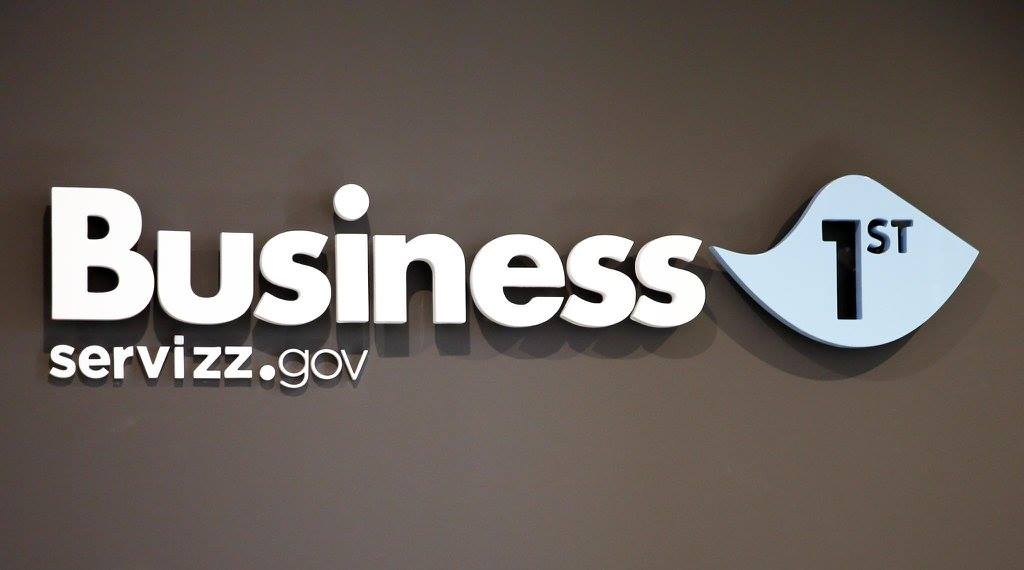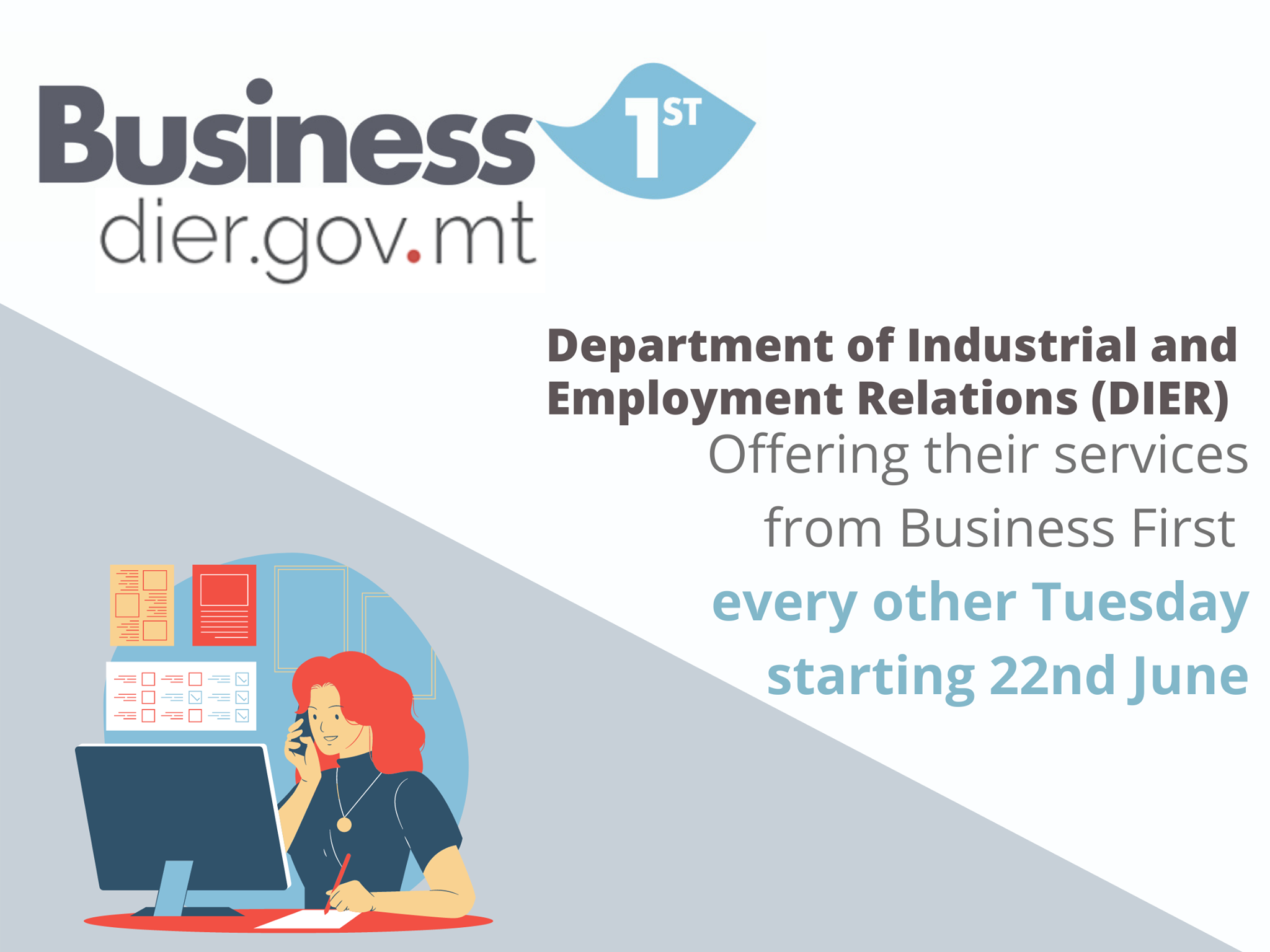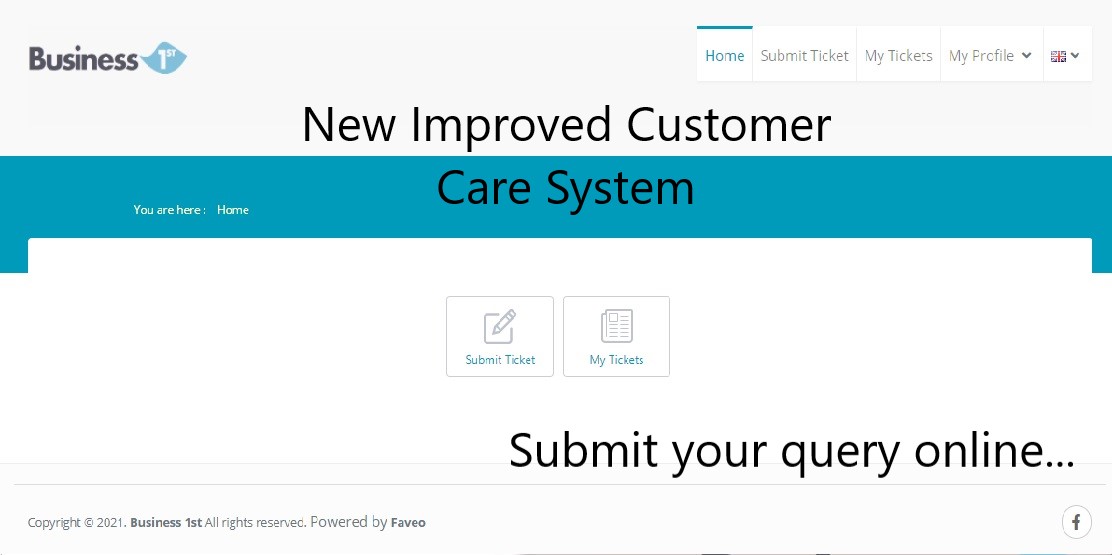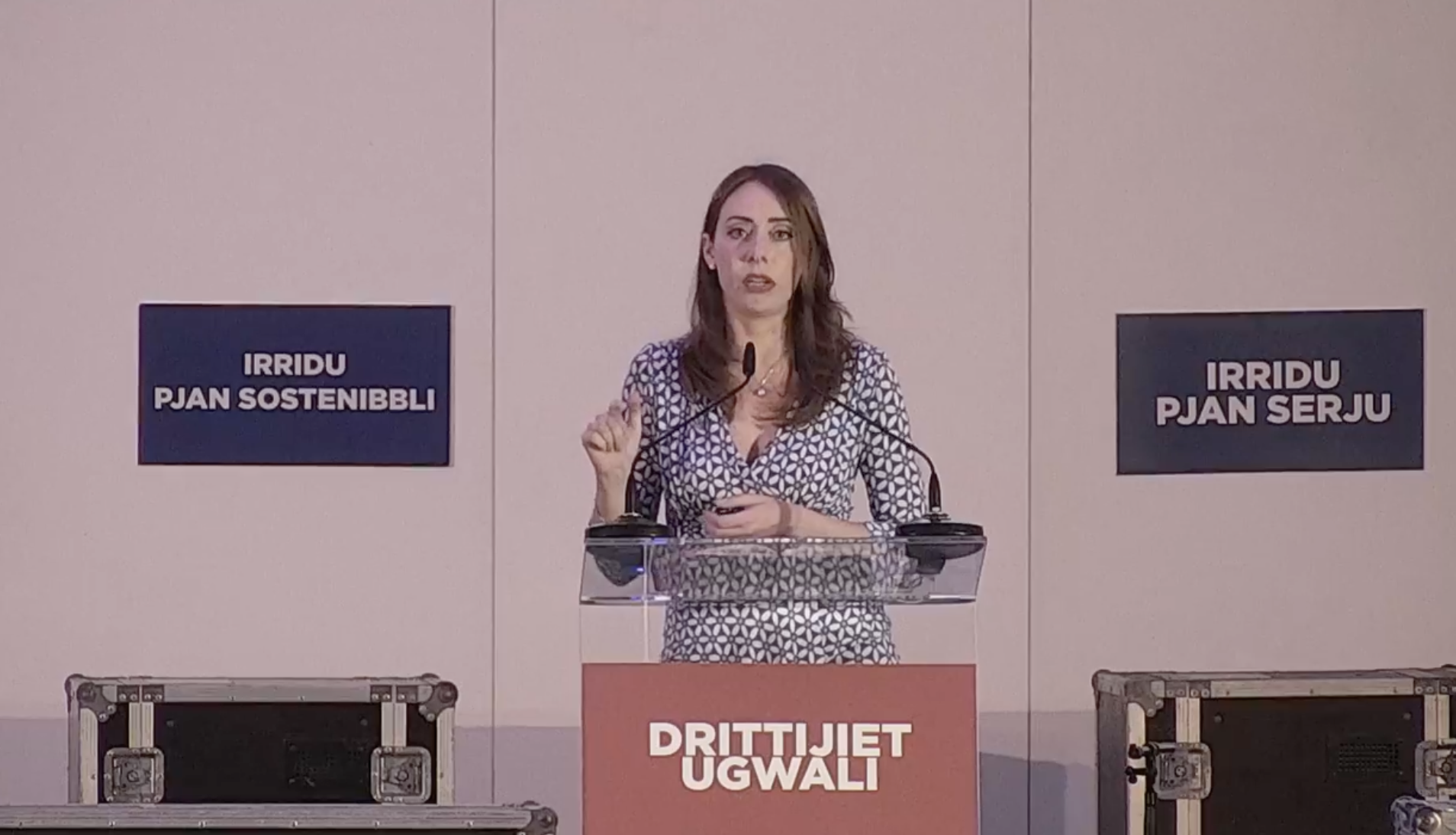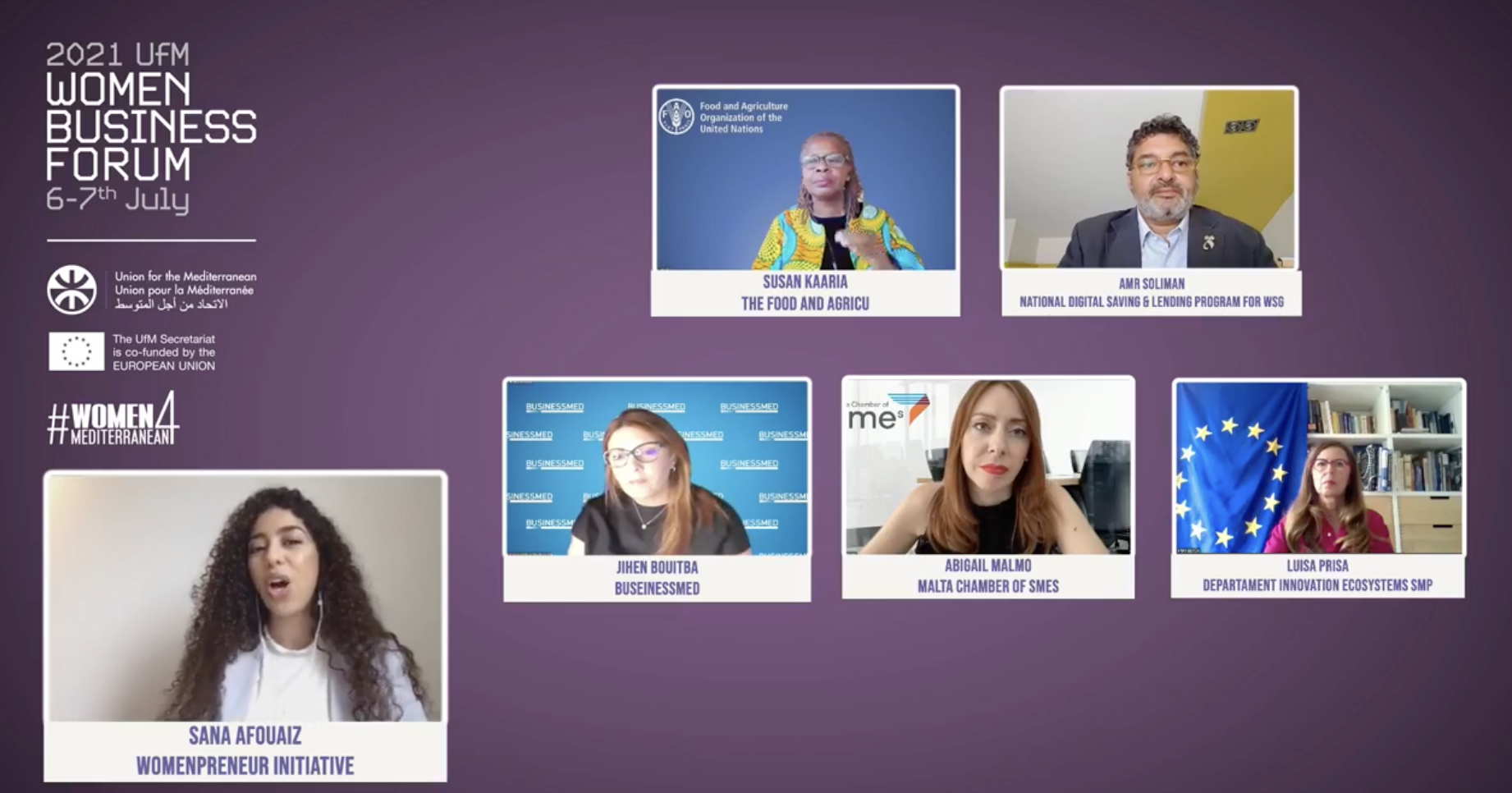The Bill seeks to update the provisions of the Act relating to the quotas for the employment of persons with disability

A Bill seeking to amend Chapter 210 of the Laws of Malta, the Persons with Disability (Employment) Act (‘the Act’), has been tabled before the House of Representatives.
The Act in its current Form
Chapter 210 currently regulates several matters appertaining to the employment of persons with disability, including, the setting of a Register of Persons with Disability, as well as the obligation on certain employers that engage more than 20 employees to employ persons with disability based on a defined quota (currently 2% of the workforce).
If the quota is not respected, the competent Corporation is empowered to ask that the employer pays an annual contribution of €2,400 per person with disability that should be in employment, up to a maximum €10,000.
An offence against the Act, on conviction, gives rise to a fine (multa) not exceeding €232.94 and/or imprisonment.
Objectives of the Bill
The Bill seeks to update the provisions of the Act relating to the quotas for the employment of persons with disability, as well as to address other consequential amendments thereto.
Key amendments
Amongst the most noteworthy amendments, the Bill proposes the following amendments:
– to remove a proviso which presently states that, for the purposes of computing whether an employer engages more than 20 persons, no account is taken of any employees who are related to the employer by consanguinity or affinity up to the third degree. Therefore, going forward it is understood that all employees, whether related or otherwise, shall be taken into consideration for the purposes of such computation.
– to strengthen the wording of the Act, such that in the event of a failure to respect the quota, the competent Corporation would not be empowered to ask for payment, but rather the employer will be obliged to make an annual contribution as determined by the Corporation, of not less than €2,400 per person with disability that should be in employment, up to a maximum €10,000.
– to eliminate the capping of €10,000 for a group of companies which is duly registered with the relevant authorities.
– to empower the Minister with the ability to increase the amount of contribution or maximum amounts.
– to introduce a concession for ‘particular employers’, such as temporary work agencies, temporary service contractors, and companies with fluctuating or seasonal levels of employment. These shall be entitled, for quota calculation purposes, to establish the true size of their workforce by counting a temporary employee as a fraction of 1, in proportion to the number of days actually worked by such employee for the calendar year.
– to introduce a carve-out, whereby if an employer who does not adhere to the relevant quota, but who can prove, to the satisfaction of the Corporation that it is offering equivalent hours of work to persons with a disability through an in-service or an outsourced work arrangement or, is actually providing work to a person with a disability who is officially employed by another employer, shall be deemed to satisfy the quota.
– to clarify that recruitment efforts, work trials and discussions with entities by an employer with the aim of employing persons with a disability, shall not exonerate an employer from the payment of the contribution.
– to clarify that if a person with a disability resigns within one year of employment, that employee shall still be considered for the purposes of determining the quota for the year in which such employment commenced.
– to add that employees who are not registered as persons with disability, but who are medically certified to be within the definition of disability, may be acknowledged by the Corporation, only for the purposes of an employer’s quota calculation.
With regards to the penalties established under Article 29 of the Act, the Bill proposes to do away with the imprisonment penalty and instead stipulates that failure to pay the contribution within the time established by the Corporation shall be considered to be an offence and upon conviction, a person shall become liable to the payment of the contribution and the fine (multa). This is to be read in conjunction with the existing Article 30, which provides that where an offence against the Act or any regulations made thereunder is committed by an association of persons, every person who, at the time of the commission of the offence, was a director, manager, secretary or other similar officer of such association or was purporting to act in any such capacity, shall be guilty of that offence unless he proves that the offence was committed without his knowledge and that he exercised all due diligence to prevent the commission of the offence.
Information provided by Fenech & Fenech Advocates
Disclaimer │ The information provided on this Update does not, and is not intended to, constitute legal advice. All information, content, and materials available are for general informational purposes only. This Update may not constitute the most up-to-date legal or other information and you are advised to seek updated advice


